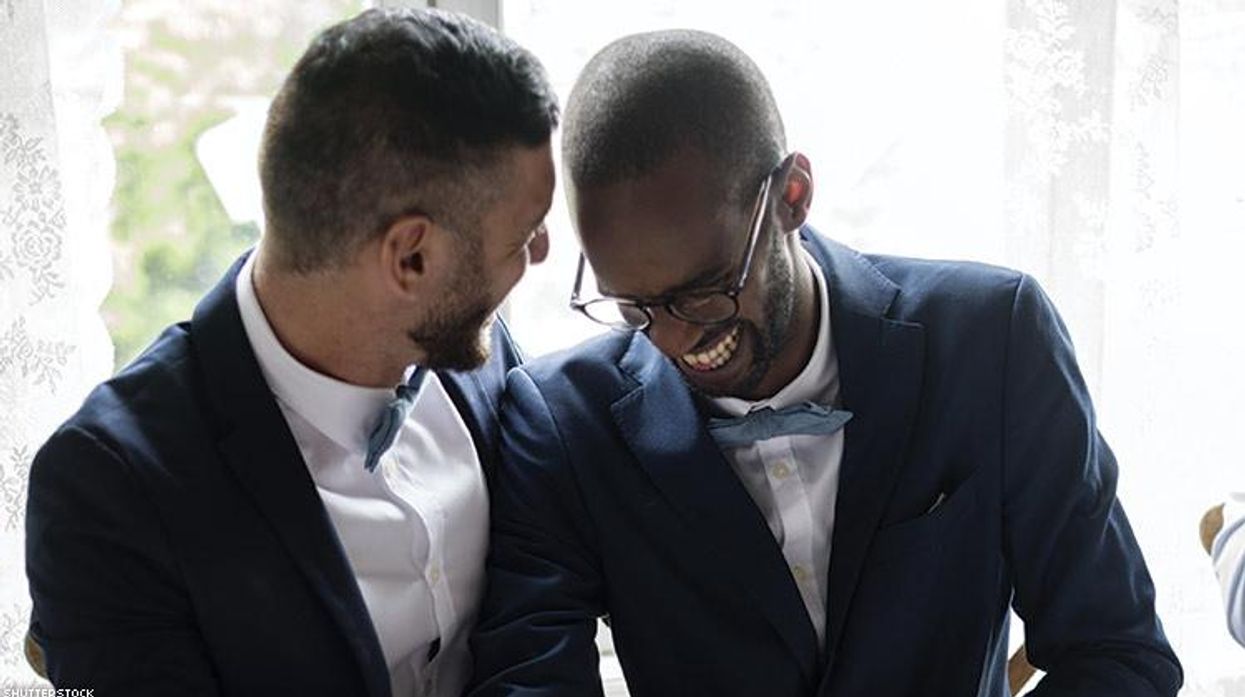Couples/Personal Finances
Why Marriage Really Matters: Money

A primer on some of the surprising financial incentives of tying the knot.
July 26 2018 2:33 AM EST
By continuing to use our site, you agree to our Privacy Policy and Terms of Use.

A primer on some of the surprising financial incentives of tying the knot.
Nobody wants to be roped into a loveless marriage, but hey, if you are together for the long run, tying the knot could save you a lot of money down the line. Same-sex couples now qualify for Social Security benefits after a year of marriage, which is money that's been long denied to them. Here are the facts:
* You can get spousal benefits after you turn 62 and your partner is receiving retirement or disability benefits. If you claim these benefits (the amount is usually about half of your spouse's full retirement benefit) before you turn 67, the amount you get is lower than if you wait it out. Take benefits by 70, because there's no advantage to waiting after that. You can still claim spousal benefits even if you aren't eligible for Social Security yourself (like if you were a stay-at-home parent or you worked for a company that didn't pay into the SS system).
* If you claim spousal benefits, it doesn't impact the dollar amount your spouse gets at retirement. If you have kids (either under 18 or full-time K-12 students who are older and disabled), they may also qualify for Social Security benefits.
* Even if you are now divorced, as long as you were married for a decade or more, you may still qualify for your former spouse's benefits. (It's complicated, so see an adviser and do note that usually once you remarry, your benefits situation will change.)
* If your spouse dies, and you've been married at least nine months, you can collect Social Security survivor reduced benefits starting at 60 years old, or full benefits at your full retirement age.
* If you're divorced and your former spouse dies, you might still qualify for survivor benefits (you must have been married a decade as well).
* If you have kids under the age of 16 or one who is disabled of any age, you would receive survivor benefits, and kids of the deceased who are under 18 and in school or disabled would also qualify for survivor benefits (they need to be unmarried still).
Another Reason to Marry?
Ron Stone, a Los Angeles CPA whose firm, LGBT.tax, focuses exclusively on taxes and other financial issues for the LGBT community, told Nerd Wallet that a benefit of being married is not getting hit with the gift tax. If you give someone more than $14,000 a year and you aren't married, that money will be taxed. So if you and your bae don't have a wedding license but do have, say, a joint checking account and you put in more than $14,000 last year, the money could be considered a gift. "If the IRS audits and decides they want to look at things a certain way, they could argue it's a gift and you could be subject to a tax," Stone says.
Charlie Kirk DID say stoning gay people was the 'perfect law' — and these other heinous quotes